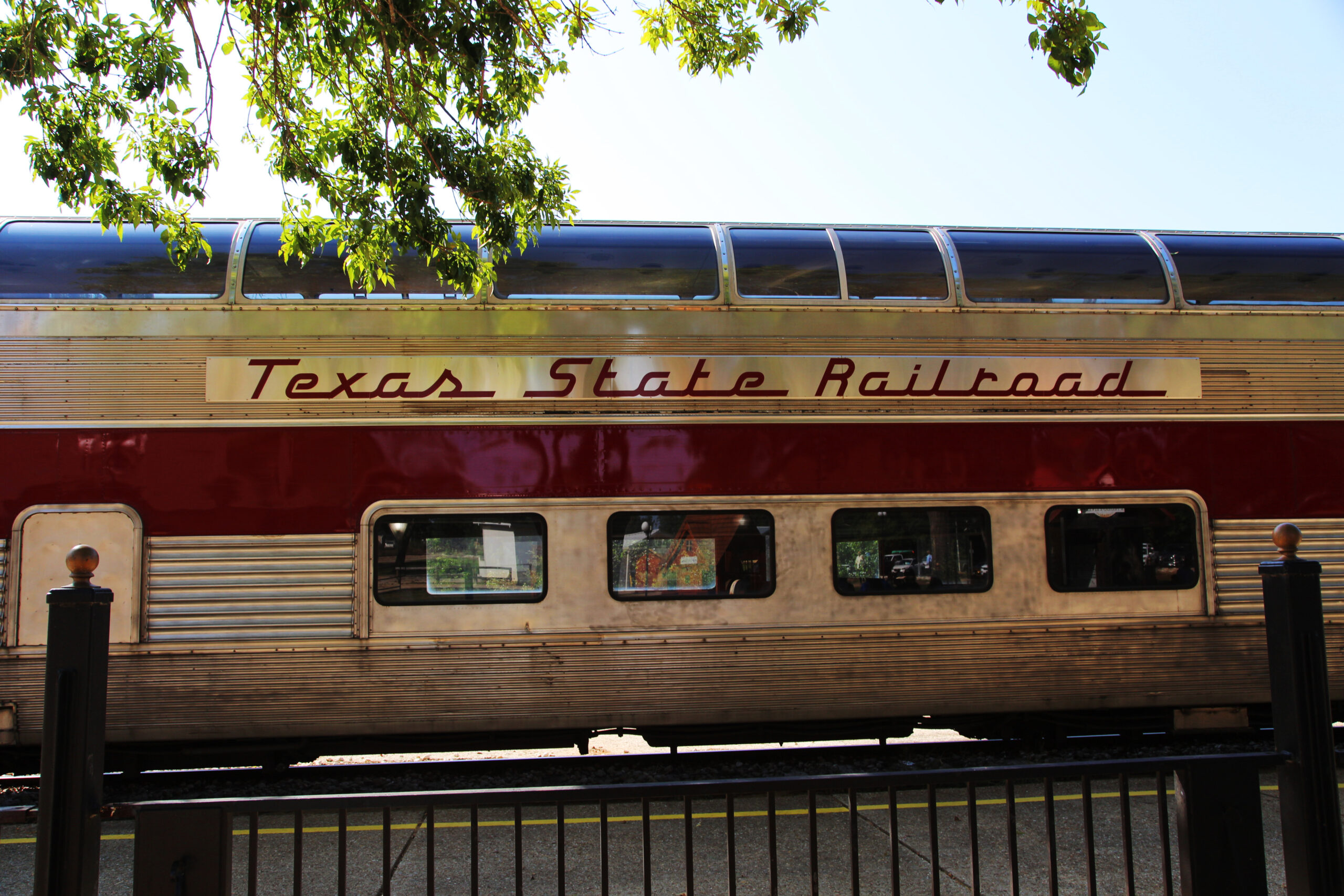It is critical to study the democracies of the past. Here is why.
The single most important definition of democratic government surely is the existence of written national law that ensures citizen consent to the policies affecting their lives. However, there is another important component of democratic governance that is often not coded into the foundational law and can only be learned by studying history.
The unwritten law consists of those things that are like the air we breathe, so important and initially so universally understood as to be taken for granted.
Let me give you an example of an unwritten law of American democracy that ultimately took center stage in our history because Americans forgot it serves like oxygen supporting our form of government.
The Founding Fathers did not place a provision in the foundational law to limit the terms of office of the president. The citizenry knew that a long term of office was virtually synonymous with despotism or autocracy, the opposite of democracy. They studied the history of Rome’s democracy and knew that Rome was so suspicious of human nature that their presidents, called consuls, by law served only one-year terms before they were turned out to pasture.
In our country’s beginning, specifying any such limit would have been like enacting a city ordinance saying that everyone must get dressed in the morning before going to work. Not necessary.
So, for some 160 years this country operated without a specific law limiting terms of office for our presidents. The Founders figured everybody would understand that one four-year term of office was very liberal, even a little dangerous, and certainly more than enough time for a president to gain either a good or a bad reputation. Before World War I several very popular ones served two terms, and one notable personality even ran for a third term and lost. Finally, an extremely ambitious politician came along who wanted to be president for life and won both a third and fourth term of office.
After Franklin D. Roosevelt died during his fourth term of office in the 1940s, the American people rushed to implement the 22nd Amendment to the Constitution specifying a maximum of two terms of office for presidents. Americans had forgotten the all-important maxim of democracy that “Power corrupts, absolute power corrupts absolutely, and long-term power corrupts everlastingly.”
There are at least three other huge necessities of democracy that were not coded into our foundational written law: the necessity for youth to undergo a lengthy education in the laws, ethics and history of the land; the need to regulate the tendency of individuals and groups to exploit the ignorant and poor and enrich themselves at the expense of everyone else’s happiness by implementing practices like corporate monopoly, high interest rates and regressive taxation; and the high necessity of enacting equitable laws to prevent, punish and deter both blue collar and white collar crime. No real democracy would ever or could ever drop the ball in implementing these mandates and still call itself a democracy. However, that is exactly what America has done over the past 75 years.
One additional example of an unwritten mandate of democracy has taken center stage today. The Constitution does not specifically prohibit an offender of the civil or criminal law from holding public office, because the Founders understood it would be absurd to allow that. In fact, many states prohibit such offenders from owning guns and from voting. But states never even thought to enact laws to prohibit criminals from holding public office. That would be like making a law requiring people to take a breath before jumping in a swimming pool — not necessary.
Today, however, America has lost even the most elementary understanding of the requirements of democracy. Both of our major political parties have little problem allowing a civil law wrongdoer or a criminal felon of the lowest character to hold the highest office of trust in the land. The great democracies of the past not only disqualified such law-breaking politicians from running for office, but they also exiled them out of the land and often confiscated their estates.
All five of these monumental mistakes, among others, have combined to undo our democracy today.
Kimball Shinkoskey lives in Woods Cross, Utah.
 Robert Kimball Shinkoskey
Robert Kimball ShinkoskeyThe post Commentary: Why is history important? appeared first on MyRGV.com.
 (2).png)
 1 day ago
39
1 day ago
39








 English (US)
English (US)